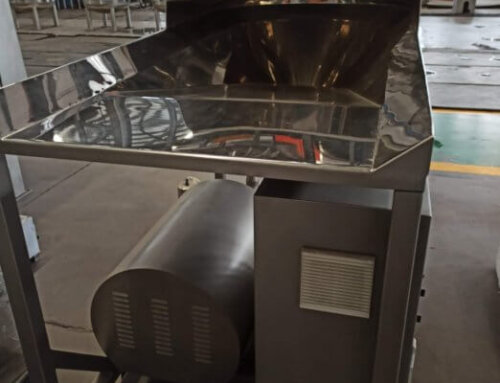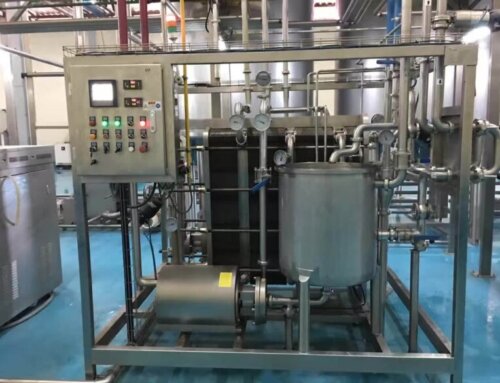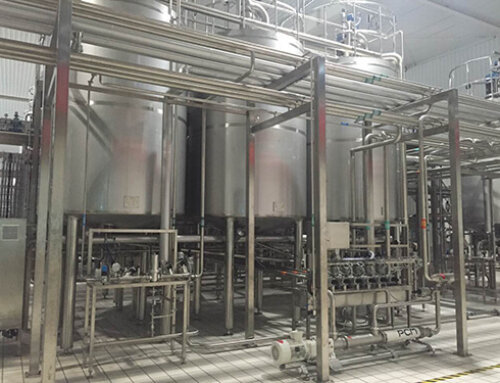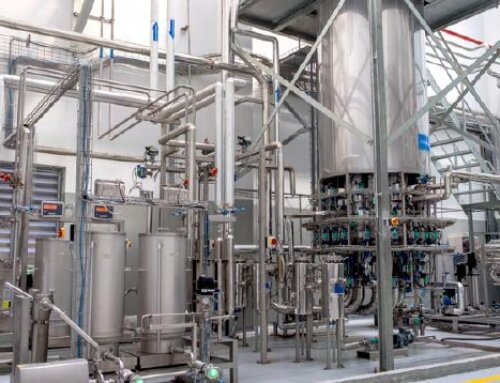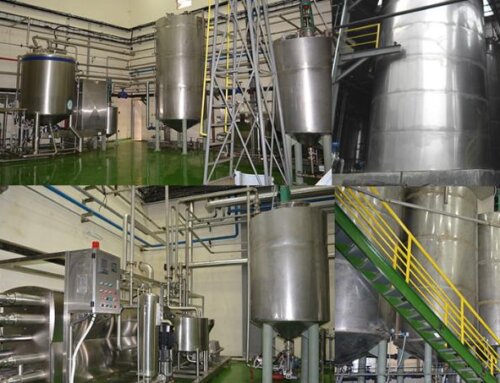Walnut Milk Processing Line Description
- Walnut is a high-value nut fruit. The kernels obtained by removing the hard shell of walnuts are rich in nutrients. Each 100g walnut kernel contains 13-18g protein, 50-63g fat and 8-10g carbohydrate. Walnut is also rich in amino acids. In addition to phosphorus, potassium, and magnesium, walnuts also contain calcium, iron, selenium, etc., as well as vitamin E and vitamin P. The walnut is not only rich in nutrients but also has the effect of invigorating the brain. The phospholipids in walnut fat are beneficial to the brain and nerves, and vitamin E has an anti-aging effect. Walnut is sweet in taste, warm in nature, nourishes the lungs, nourishes blood and nourishes essence. It is an ideal nourishing food.
- Walnut milk processing plant includes dehusking machine, peeling and soaking tank, walnut washing machine, refiner, walnut milk blending tank, walnut milk homogenizer, pasteurizer, degasser, walnut milk filling machine, walnut milk in containers secondary retort sterilizing machine and packing system.
- The capacity for walnut milk processing plant is from 500kg per hour to 10000kg per hour, and the end walnut milk can be filled into small glass bottles, aseptic brick cartons metal cans and other small consumable containers.
- The walnut milk, walnut drinks can be produced according to clients’ requirements. And the ingredients for producing walnut milk are water, sugar, emulsifier, walnut solid pulp and other flavor agents.
- The whole walnut milk processing equipment is food grade SUS304 material, robust and hygiene to ensure producing high-quality walnut milk.

Walnut Milk Processing Line Technological Flowchart
Fresh walnut after dehusking, hot water soaking and peeling, washing, then transfer to the colloid mill machine to make the walnut pulp, then the walnut pulp after filtration, blending, pasteurization, homogenizing and filling into bottles or cans. After filling, the walnut milk in containers will be retort sterilized and packed into the warehouse.

Walnut Milk Processing Line Main Machine Introduction
Walnut peeling and soaking machine
After the walnut kernel is dehusked and broken, it is surrounded by a film-shape seed coat skin. The walnut kernel has a light taste and is rich in oil, but the tannins on the seed coat skin are astringent and difficult to be accepted, so the walnut skin needs to be removed. The hot water soaking method is generally used for peeling in industrial processing. Pour the washed walnut kernels into hot water at 80-90℃, blanch for 10-30 minutes, add 5%-12% sodium hydroxide, after blanching, rinse with clean water, and then use the hard brushers to remove the outer skin.
Walnut refiner and filter
When refining, the ratio of the walnut kernel to water is 1:3-5. You can add about 1% sodium sulfite solution to protect the color. The refiner can use a colloid mill or superfine crushing and pulping system, after it is ground to a uniform emulsion, the slurry can be filtered with a vibrating screen.
Walnut milk blending tank
We use the blending tank to mix all the ingredients. Adjust the walnut pulp to pH 7.0-9.0, add sugar and other additives to the filtered emulsion, heat, mix and stir into the walnut milk. A walnut milk recipe for reference: walnut kernel solids 5%-10%, sugar 6%-8%, emulsifier 0.1%-0.5%, stabilizer 0.1%-0.3%, purified water 80%-88%.

Walnut milk homogenizer and pasteurizer
In order to maintain the stability of the walnut emulsion, it needs to undergo a homogenization treatment of 30-50Mpa to make the protein and fat form a uniform oil-in-water emulsion to avoid the floating of fat globules or the aggregation of protein particles.
Pasteurization temperature is 80-90℃, then hot-filled into glass bottles or tinplate cans and sealed, the sealed container is sterilized again with a sterilization kettle. The sterilization process is 121℃, keep for 15 minutes, then cool to 35℃, and labelling, coding and storage.

